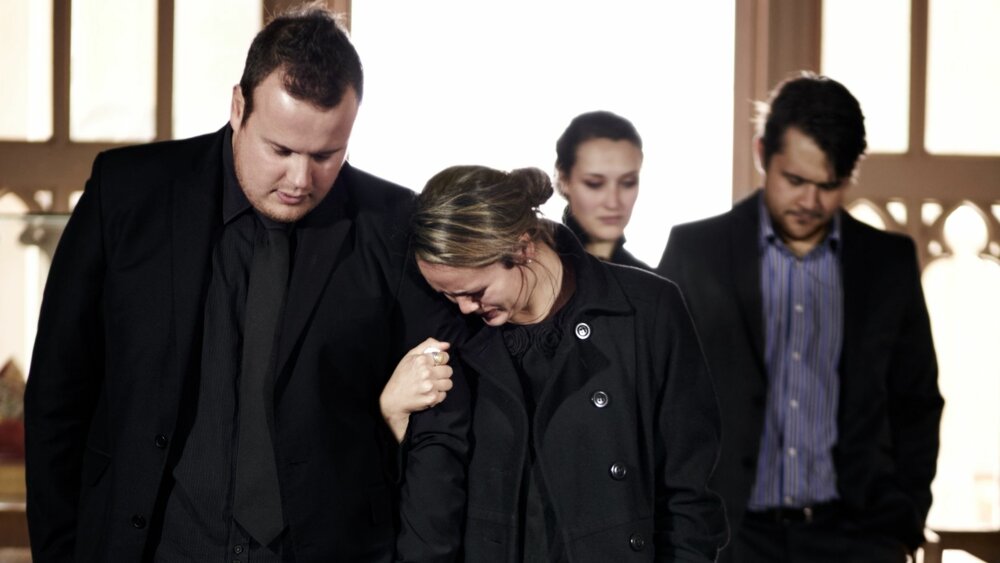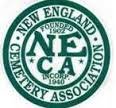How Does A Funeral Help In The Grieving Process
In the face of loss, the human experience seeks solace and meaning. While grief is a deeply personal journey, some people ask- How Does a Funeral Help in the Grieving Process? Funerals offer a structured and communal space to acknowledge the death, express emotions, and begin the process of healing.
How Does A Funeral Help In The Grieving Process?
Willowbrook Cemetery experts believe that a funeral helps in many ways in the grieving process, such as:
Acknowledging The Loss - Funerals provide a formal space to acknowledge the death and validate the loss. Through eulogies, tributes, and shared memories, the deceased's life is celebrated, and their memory is etched into the hearts of loved ones. This acknowledgment helps us begin to grasp the reality of the situation and move toward acceptance.
Facilitating Emotional Expression - Grief is a complex tapestry of emotions, ranging from sorrow to anger to guilt. Funerals offer a safe and supportive environment to express these emotions openly. Through tears, laughter, and words of love, individuals can process their grief and connect with others who share their loss. This emotional release promotes healing and fosters a sense of shared experience.
Strengthening Social Bonds - Grief can be an isolating experience, leaving individuals feeling alone and overwhelmed. Funerals bring together family and friends, creating a support network during this difficult time. Sharing stories, memories, and condolences strengthens bonds and offers comfort and solace. The presence of loved ones serves as a reminder that we are not alone in our grief.
Providing Closure And Ritual - The finality of death can be challenging to accept. Funerals provide a formal closure to this chapter, offering an opportunity to say goodbye and pay respects. Rituals like the viewing, procession, and burial offer a sense of order and control amid chaos, helping individuals begin to move forward.
Celebrating Life - While funerals acknowledge death, they also serve as a celebration of life. Through tributes, stories, and shared memories, the unique personality and contributions of the deceased are remembered. This act of remembrance allows us to cherish the life lived and find joy in the memories created.
It's important to remember that the healing process doesn't end with the funeral. Grief takes time and continues long after the ceremony. However, the foundation for healing is laid through the shared experience and support offered during the funeral.
For more information on how a funeral helps the grieving process, please call Willowbrook Cemetery. We can help you select a calm final resting place for your cherished one at our cemetery. You can contact us via the form or number on this page.





Comments